MANAGE YOUR RISKS
A healthy heart and a healthy brain are crucial to health in old age. There are many simple and effective lifestyle changes you can make that will reduce your chance of all types of stroke, heart disease, and likely dementia later in life.
Steps to Manage Your Risks
-
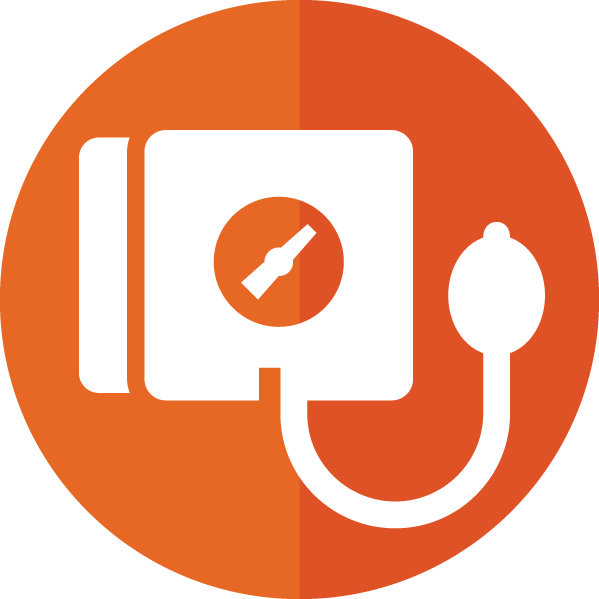
Know your blood pressure! It is measured using two numbers. The first number, your systolic blood pressure, measures the pressure in your arteries when your heart beats. The second number, your diastolic blood pressure, measures the pressure in your arteries when your heart rests between beats. If the measurement reads 120 systolic and 80 diastolic, you would say, “120 over 80,” or write, “120/80 mm Hg.” If left unchecked, high blood pressure can damage the cells of your arteries' inner lining and cause a hardening called arteriosclerosis, blocking blood flow to your heart, brain, and kidneys, as well as to your muscles. Keep in mind that your blood pressure changes throughout the day based on your activities.
Normal Blood Pressure for Most Adults
Less than 120/80 mm HG
High Blood Pressure
130 or higher/80 or higher mm HG
-

Stay informed. Discuss high blood pressure with your healthcare provider. Use this guide to talk to your healthcare provider about your risks and ways to manage your blood pressure to help prevent stroke and dementia. Then, make a plan together and stick with it.
-
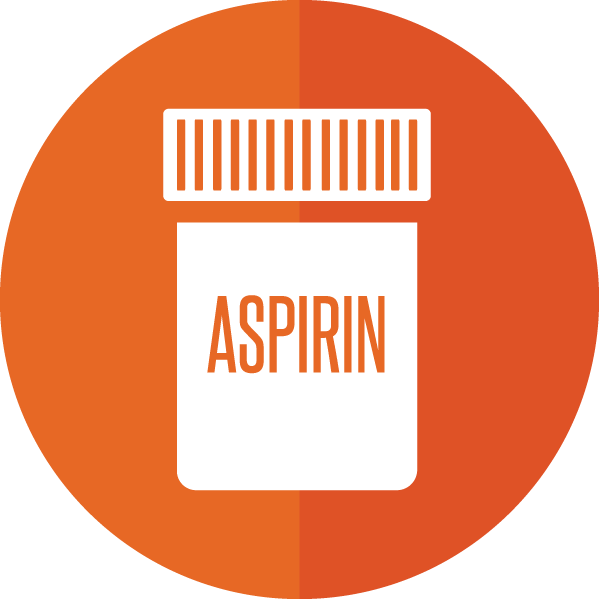
Take your medications. Your healthcare provider may recommend taking medicine daily to prevent stroke and heart attack, especially if you have high blood pressure.
-
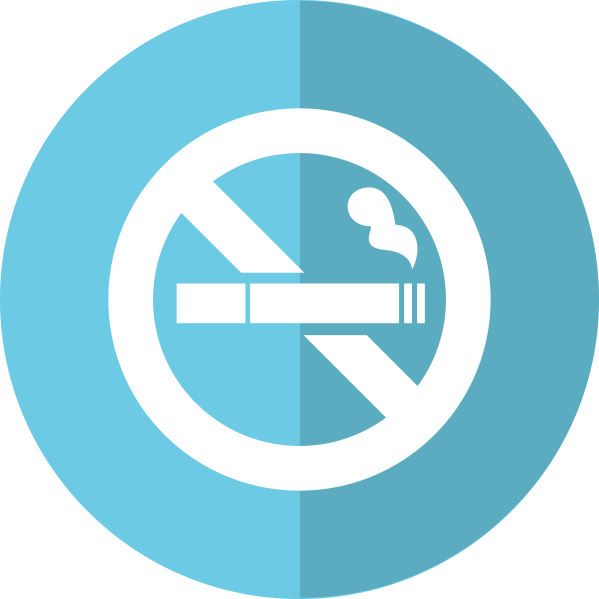
Quit smoking or using tobacco. Smoking harms nearly every organ in the body, including the heart. Any amount of smoking, even light or occasional smoking, damages the heart and blood vessels.
-
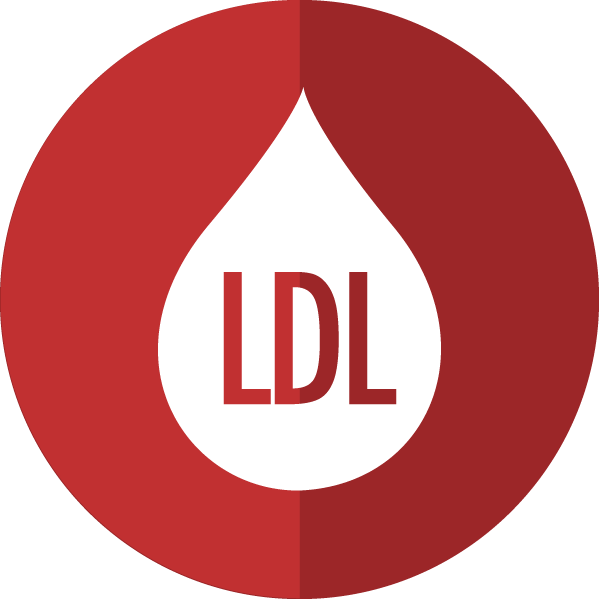
Manage your cholesterol levels. Reducing your cholesterol will lower your risk for developing a wide variety of serious health issues, including stroke and heart disease.
-

Eat healthy and exercise. Eat plenty of fresh fruits and vegetables, cut down on fried foods, and use less salt. Get in about 30 minutes of moderate to intense exercise, like brisk walking or bicycling everyday. Following a healthy eating plan and keeping physically active on a regular basis will significantly lower your risk for heart disease, high blood pressure, type 2 diabetes, and other chronic and debilitating health problems.
-

Manage your diabetes. Having diabetes or pre-diabetes puts you at increased risk for stroke and heart disease. You can lower your risk by keeping your blood glucose (also called blood sugar), blood pressure, and blood cholesterol close to the recommended target numbers provided by your healthcare provider.
-
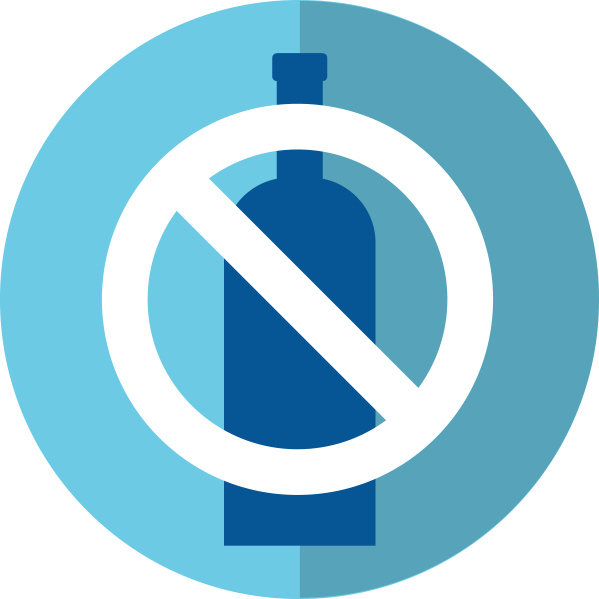
Avoid using illicit drugs and misusing alcohol. Generally, an increase in alcohol consumption leads to an increase in blood pressure. The use of illicit drugs, such as cocaine and methamphetamines, can cause stroke.
-

Stick to the plan. This is the hard part, but keeping your heart and brain healthy can lead to better overall health as you age.
-

Start early! Preventing stroke and heart disease is more effective if started in midlife. Studies also find that controlling blood pressure may also reduce risk of dementia.











